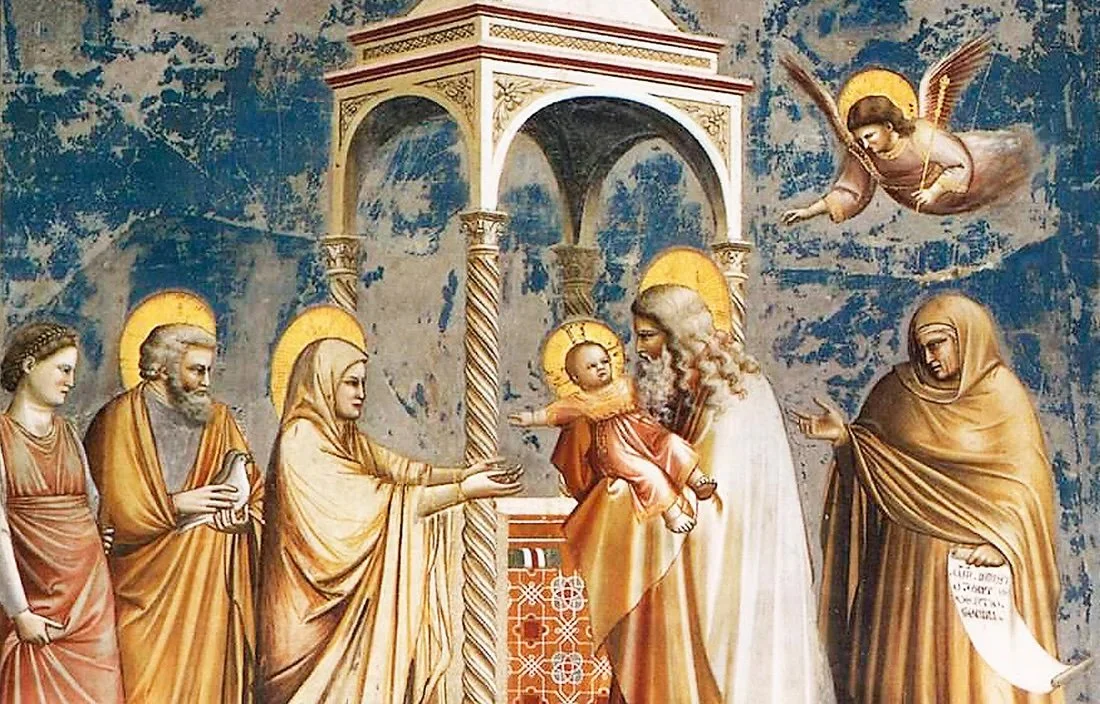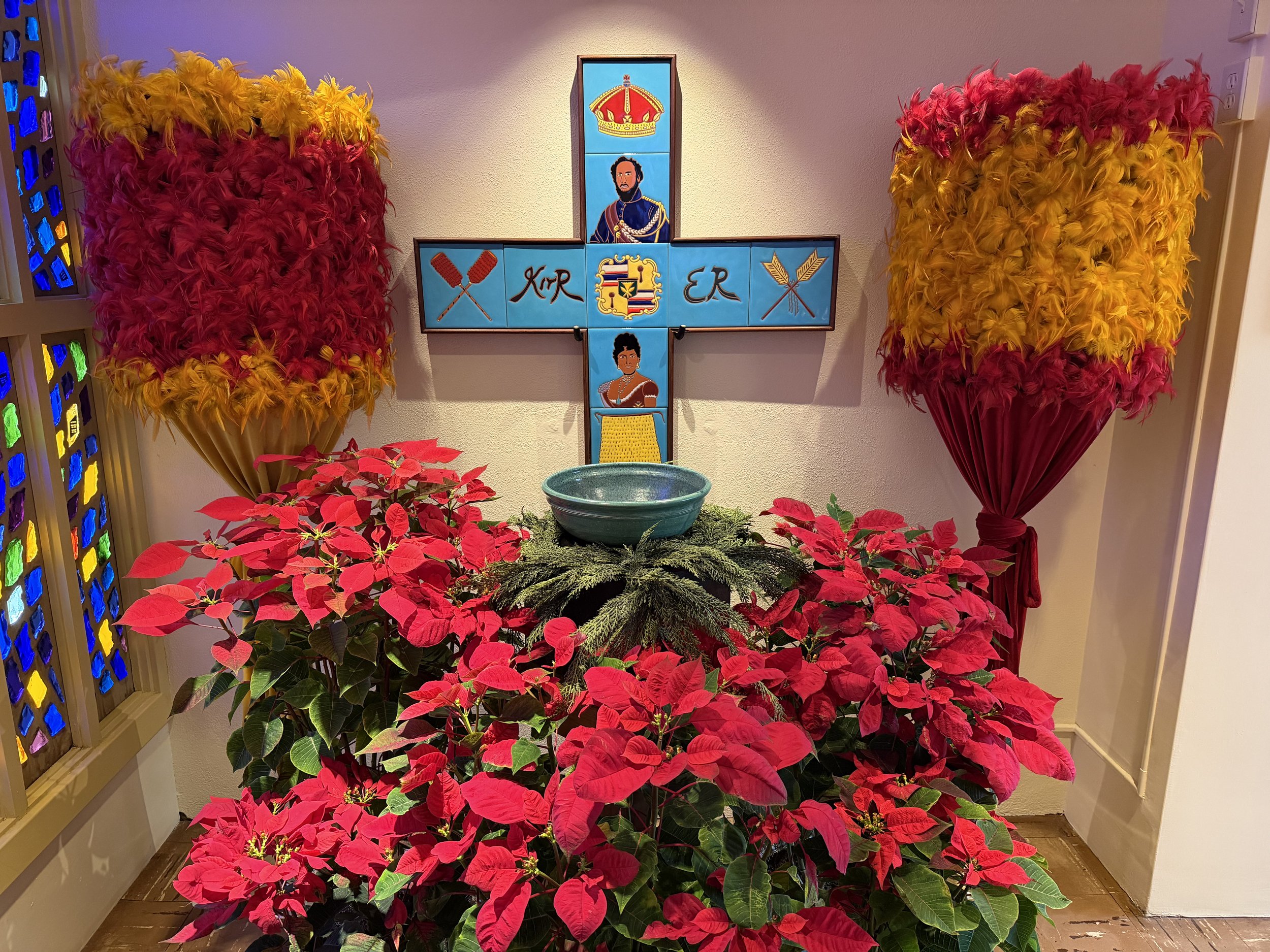From the Resident Monk: Julian's Day
/A hectic time in the secular world, the month of May brings commencements, graduations, and the sweet anticipation of summer. This year May also brings the additional anticipation of, and hope for, the loosening of pandemic restrictions and the return of some semblance of normalcy. In the church, May is one of those “in between” times. The euphoria of Easter Day has faded somewhat, and the alleluias no longer have quite the impact they did on Easter Sunday. The church waits, as did the first apostles, for the Next Big Thing. The Ascension has not yet brought complete closure to Jesus’ earthly ministry, and some are beginning to think that maybe—just maybe—it was all a dream. In Hawai’i, the masks are starting to slip down on faces, and the six-foot bubble has shrunk to three. In the early church, some were likely starting to pick up where their old lives left off before the rabbi with the charismatic personality and revolutionary message came on the scene. In some ways, complacency is as hazardous to our faith as the Coronavirus is to our physical bodies. It’s easy to be dismissive of it until it’s too late.
Enter Julian of Norwich. With her feast day of May 8, coming every year during this in-between time of Easter and the Ascension, her message and legacy are the perfect antidote to the complacency and malaise that seem to afflict both individuals and societies after a big event, good or bad. A Medieval English mystic, as a young woman she had visions or “showings”—some quite graphic—of God. She spent the remainder of her life as an anchoress in seclusion living permanently in a small cell attached to the parish church at Norwich. It was there that she meditated on her showings, penned her Revelations of Divine Love, and dispensed counsel through a small window that opened to the street outside. Lest you think of her as a sheltered pollyanna, she lived through a time even more turbulent than our own. (Imagine a more virulent form of the Coronavirus coming in relentless waves and with no vaccine.) Her message, however, is unfailingly positive and optimistic. Julian’s God is merciful above all things; a God who knows each of us intimately and who never deserts us, though our frailty and finiteness may make his presence difficult for us to discern. Julian is adamant that as inevitable as the ups and downs of life is God’s unfailing presence.
As an oblate in the monastic order dedicated to Julian’s memory and message, I would offer our updated vows of stability, conversion of life, and obedience as touchstones during this in-between of a pandemic year, when exhaustion and inattention can conspire to undermine our faith and practice.
Stability
Stay the course through good and bad times, and establish and prioritize regular routines for public and private prayer. This has been especially critical during these times of lockdowns, closings, and reopenings. If you’ve not been back to church in a while, join us! Zoom and Vimeo were crucial lifelines when society was shut down, but circumstances are shifting for the good, and safely distanced services are being offered on a robust schedule. There’s nothing like a physical community to sustain you through the in-between times.
Conversion of life
We’re not talking dramatic histrionics on a televangelist’s broadcast, but a more quiet, subtle, and measured shift in our orientation towards God. The pandemic has upended everything and cleared the slate. We have a once-in-a-lifetime chance to reimagine all aspects of our private and public lives. Let’s not squander this opportunity by falling mindlessly back into business as usual. How can we rebuild our lives in small ways to make us more faithful disciples of Christ? We can all think of at least one.
Obedience
A charged word to modern sensibilities, obedience is not blind loyalty, but the acknowledgment that far from being the masters of our destinies that we like to fancy ourselves as, we are finite and limited creatures in need of constant care and guidance. Rather than seeking these from earthly powers as flawed as we are, or in the false comfort of material things which will inevitably rust and decay, let’s look to the one thing that we know will never abandon us, and that is strong enough to protect us from any harm: God.
While our experiences over the past year have perhaps led us to feel as if we could no longer be surprised by anything, I guarantee that God’s grace and boundless love for you will still manage to catch you off guard and take away your breath when you least expect it. It is precisely in these in-between times that you will be most likely to find him, and there is no better guide than Julian of Norwich.
Michael Ida, Oblate of the Order of Julian of Norwich








